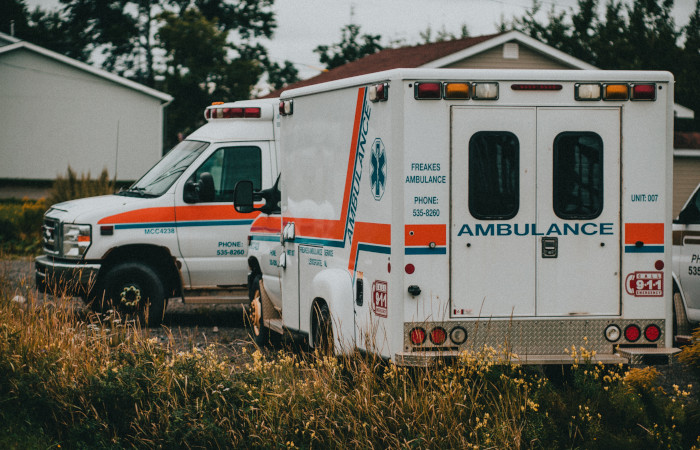Sexual Health
Prioritize Your Sexual Health
Sexual health is important whether you are currently sexually active or not even thinking about it. We have to protect ourselves from STDs, pregnancy, and potentially dangerous situations that could affect our future.
What is Consent?
Consent is when a person agrees to do something. The decision should be:

Remember, you have the right to say “No” at any time even if originally you said “Yes.” Also, yes to one thing is not an automatic yes to something else.
How to Limit Your Risk
What if those actions weren’t enough and someone ignores your no? Be prepared to do anything within your power to create a scene. Don’t be afraid to kick, hit or scream to hopefully raise the eyes of others and get away from the situation. If something does happen or was attempted, tell a trusted adult. That behavior is not okay, and it’s not your fault.
Preventing Teen Pregnancy
You should be educated and prepared BEFORE you consider engaging in sexual activity. Talk to a trusted adult about sex and relationships. Then, make an appointment with your healthcare provider so that you find out what you need to know about birth control.
Those who are sexually active should make sure they are protected every time they engage in sexual activity. Realize though, that no method is 100% effective. If you get pregnant, tell a parent or other adult so they can help you with the decisions ahead.
Do we have to talk about STDs?
Yes! Learning about sexually transmitted diseases (STDs) and how you can prevent them is very important. They are very common, and young people are especially at risk. In fact, millions of new infections occur every year in the United States.
How can I prevent STDs?
Getting tested for STDs is one of the most important things you can do to protect your health. You should do it BEFORE you are sexually active. Make sure you have an open and honest conversation about your sexual history with your doctor and ask whether you should be tested. Also, as you probably know, the pill doesn’t protect you from STDs.
I think I have an STD… What should I do?
Don’t panic! Again, talking to a doctor is the best thing to do. They can diagnose the problem as well as offer treatment or management options.
Please go to the Reading and Video tabs to continue your journey through this module.
Talking About Sexual Health
Please watch the following video.
Next Module
Choose which module you would like to explore next. When all six are complete, you are ready to take the Final Quiz required to earn the patch.








